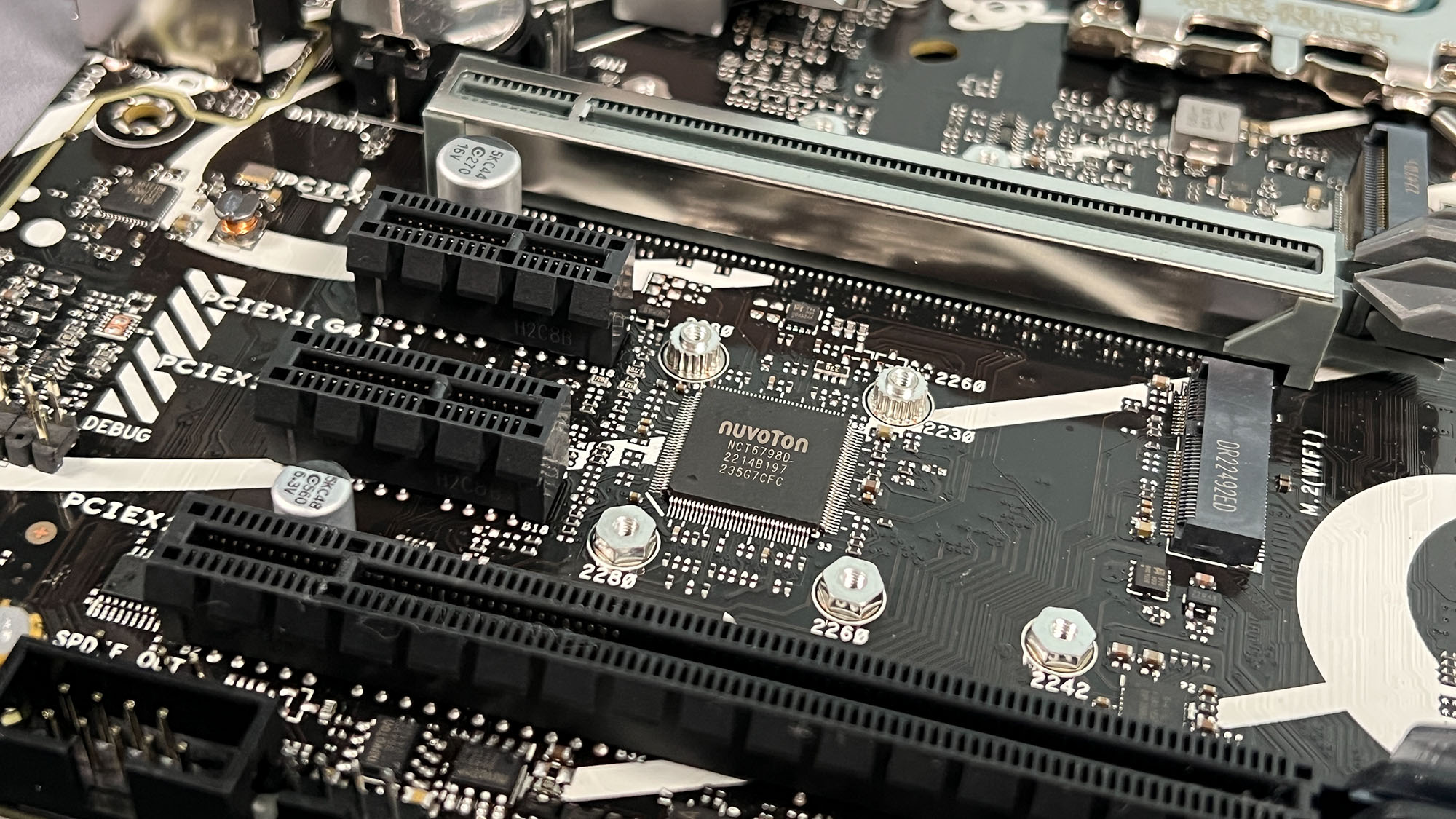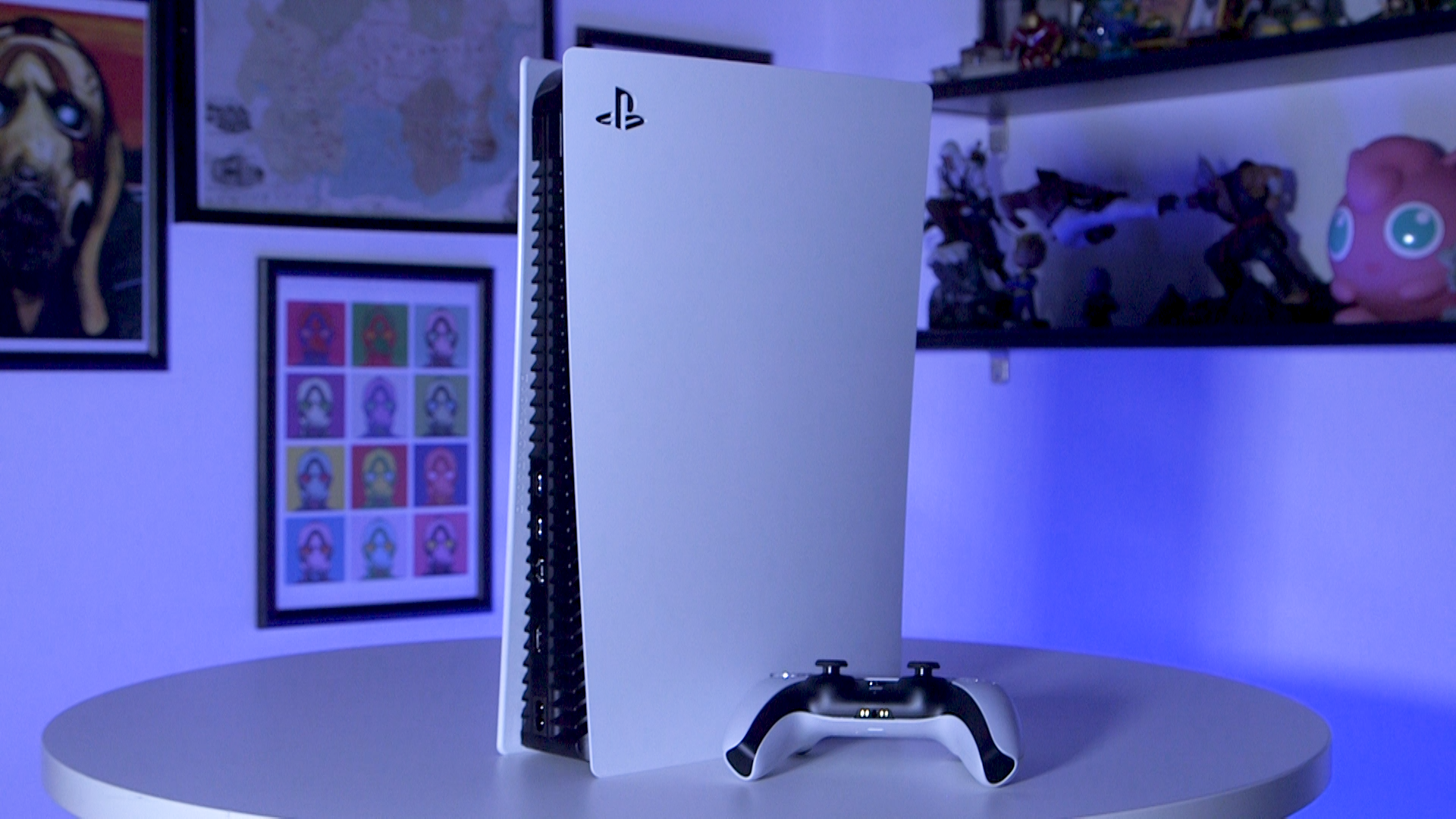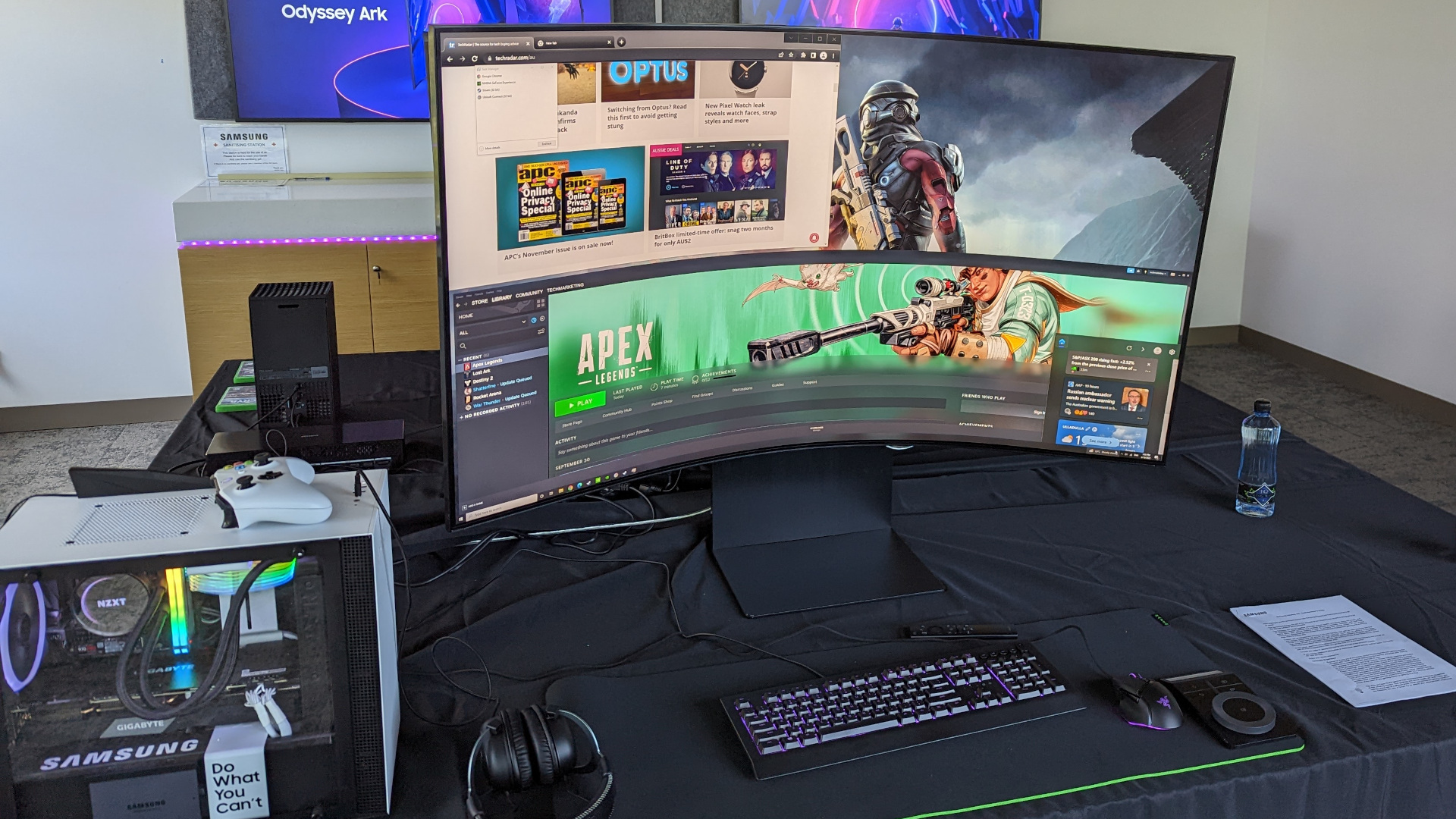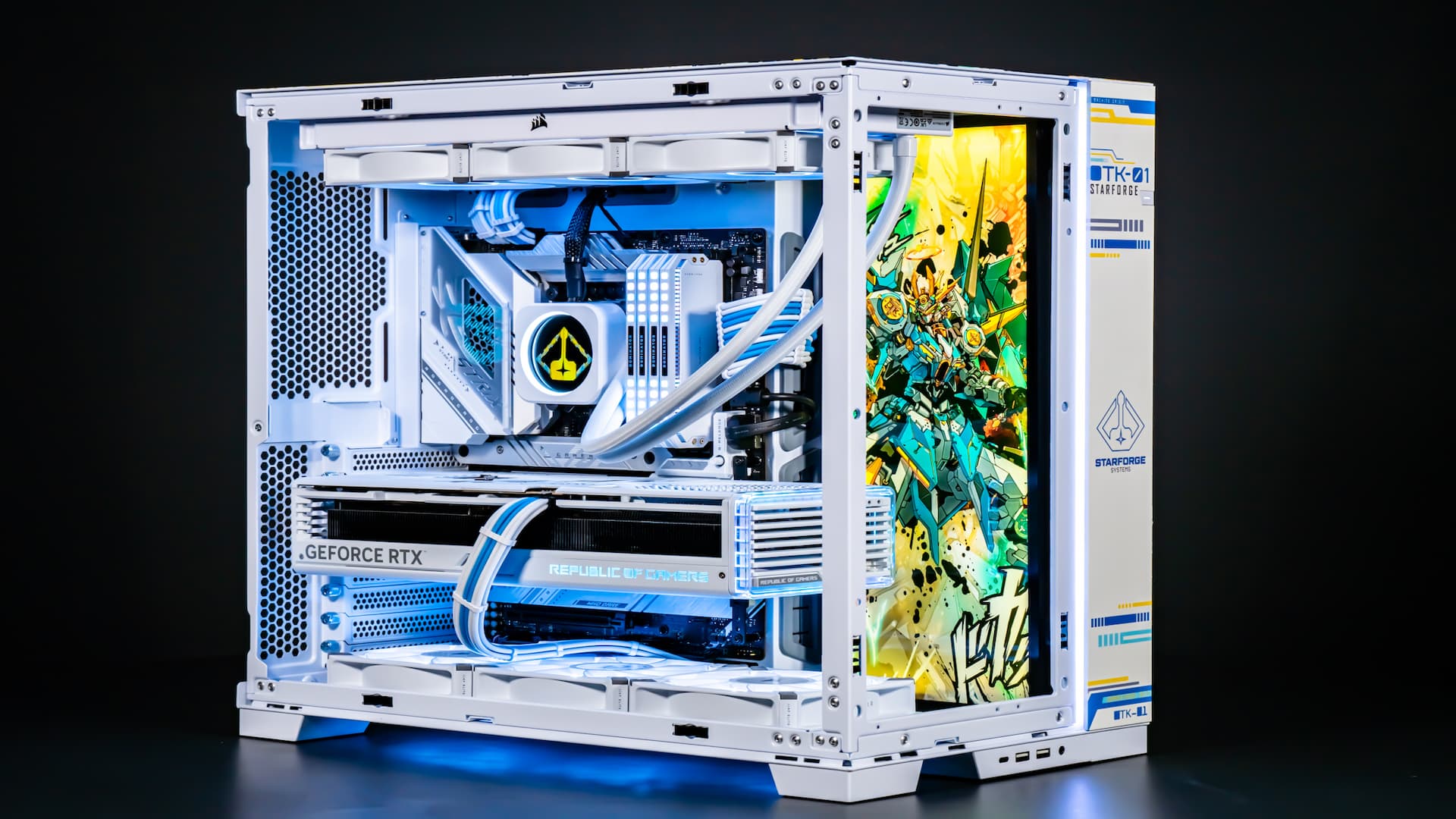
As much as it pains me to admit, as someone who’s been committed to PC for gaming for almost 20 years, PC gaming can sometimes be really inconvenient. Whether it’s troubleshooting troublesome game installs, fixing driver conflicts, or just finding an HDMI cable long enough to reach from the PC to the TV, PC gaming is less convenient than console gaming in many ways.
We PC gamers clearly think these inconveniences are worth the many benefits of PC gaming, but I think there’s more to it than that.
I believe these inconveniences themselves can be good, in two specific ways. First, they allow us to treat PC gaming like a craft, and second, they allow us to have a more holistic experience of gaming, an experience that transcends the game itself.

PC Gaming is more difficult than console gaming
Let’s not kid ourselves, it can be difficult to get into PC gaming.
First, you need to acquire your gaming PC. You choose your components, which usually involve trawling reviews, compatibility lists, and Reddit threads.
Then, you order the parts, wait for them to arrive (often on different days), and get to work building your PC. Maybe you have a smooth run, maybe you don’t. Maybe you have to troubleshoot a broken component or half-plugged connector, but if not, even a problem-free build takes time.
Once you’ve built the thing, you install Windows, update it, update your drivers, install Steam, Epic, and other gaming platforms, and finally download and install your games.
You might need to optimize Windows settings and Nvidia control panel settings to get the best performance out of your machine. (I remember having a whale of a time figuring out which power plan to use for my AMD Ryzen 5 3600X back in the day.)
Then, you might need to spend some time configuring your peripherals. I know my 8BitDo Pro 2 was a pain to get up and running. Most mainstream controllers are simple to set up, but things can become tricky when you have multiple devices, especially Bluetooth ones.
It can also be a pain to hook your gaming PC up to your TV. You’d better hope it’s close enough to route an HDMI cable, otherwise, you’ll have to use a streaming app like Steam Link to get things up and running, which requires its own configuration and can increase input lag and reduce video quality.
Then, of course, you have to configure your game and its graphics settings. Auto-configure tools make this easy for many games these days, but sometimes you have to figure out which problem setting to tone down to make your game playable again. And occasionally, you have to change your launch settings or find and edit a configuration file.

Console gaming is easier than PC gaming
Console gaming, on the other hand, is relatively easy. You order your console, wait for it to arrive, hook it up to your TV, connect your controller, update the console’s software, download your game, launch it, and go.
That’s it. That’s the console experience. There is no need for game configuration, no struggle with TVs and peripherals, and no driver updates and operating system configuration.
Okay, maybe I’m minimizing a little, but you get the idea: Most of the steps above for PC gaming aren’t required for console gaming. In fact, convenience is often the name of the game with consoles, thus the existence of things like the Nintendo Switch Dock.
PC gaming as a craft
The inconvenience of PC gaming, I think, has encouraged a poietic—a craftsman-like—relationship between PC gamers and technology and gaming, which is a mark in its favor and a reason we shouldn’t be so hasty to make PC gaming more convenient.
Contemporary philosophers Sean Kelly and Hubert Dreyfus point out that a “cultivating, craftsman-like, poietic understanding of how to bring out meanings at their best was alive and well into the late nineteenth century, but it is under attack in our technological age” (All Things Shining, 2011).
Poiesis is an Ancient Greek term that means “to make” and indicates a way of looking at things so that we see ourselves as bringing something forth from the world, like a skilled craftsman who is a master of their domain. Dreyfus and Kelly argue that we’re losing this ability to bring things forth and truly craft.
Poiesis involves “learning to see the world differently” and interacting with our domain in such a way as to allow it to guide us. For example, for the woodworker, “timber discloses qualities under the axe or the plane [. . .] that it does not reveal otherwise.”
The domain and the craftsman work harmoniously so that “each side brings out the other at its best” and “each jointly cultivates the other into a state of mutual understanding and respect.” This is what Dreyfus and Kelly argue we’re losing in the technological age.

The process surrounding PC gaming—building the PC, configuring the OS, installing games, connecting it to a TV, troubleshooting game installs, installing mods and patches, configuring in-game settings, editing config files, and so on—helps us see the digital and technological world differently, through the lens of PC gaming as a craft.
When forced to become intimately involved with our technology and video games, we learn to see the digital world and the hardware that underpins it differently. We develop knowledge and skill for a purpose—the craft of video gaming—and this is the lens through which we learn to interact with our computers.
For example, it was only because I grew up editing configuration files and fixing dodgy game installs that I truly appreciated the nature of applications as essentially nested file structures.
After years of adjusting various in-game graphics options, I realized that certain elements of game graphics are fundamental and unchanging (game objects), some are usually intractable (polygon counts), and some are readily changeable (texture quality and resolution, for example). Because of this and other related knowledge, I find new settings easier to understand and adjust to my preferences.
Because of the inconvenience of PC gaming, many gamers now have a craftsman-like skill with PC gaming-related technology. This is knowledge that can’t be condensed into a textbook format. It’s practical, embodied knowledge. The inconvenience of PC gaming has allowed us to develop a “feel” for everything needed to get a PC game running as well as possible and troubleshoot any issues.
This isn’t to say that every PC gamer is a general technology expert—far from it. It’s just to say that all these familiar inconveniences have allowed PC gaming to become more of a craft than the sometimes hop-in, hop-out experience of console gaming.

PC gaming as a holistic experience
Of course, there is a place for hop-in, plug-n-play experiences that don’t require as much work to set up. For example, it would be ridiculous to say that the experience of reading a book could be greatly improved by requiring readers to bind each book in advance manually. That’s why it’s great that we can experience hop-in, plug-n-play gaming.
But it’s also great that we have the option for craftsman-like gaming, an experience that transcends the game and involves the process surrounding it.
We already know that many people value the option of having such an experience. Consider, for a moment, the comeback of vinyl records, which have just outsold CDs for the second year running.
Vinyl records' analog sound isn’t higher quality than the digital sound of a CD (though degradation can add a certain warm flair to vinyl music), but many people love vinyl LPs regardless. This is, in part, because for many people, there’s something important about the ritual, routine, and experience of setting up the turntable, presenting the album art, and placing down the needle with a soft “thunk.”
For some, there’s something intrinsically valuable about a ritual that transcends the medium or experience itself.
Many of the seemingly inconvenient aspects of video gaming, I think, have the same intrinsic value to them as the ritual of placing a record onto the turntable. Adjusting multi-monitor inputs, configuring in-game settings, editing configuration files, executing in-game commands: these can all become cherished as part of our holistic experience of gaming on PC.
Yes, PC gaming can be inconvenient, and yes, sometimes it’s nice to kick back and not have to worry about a game just working, without any setup at all. However, for the craftsman-like skills that these inconveniences encourage us to develop, and for the holistic experience it gives us, at its core I wouldn’t change PC gaming for the world.







